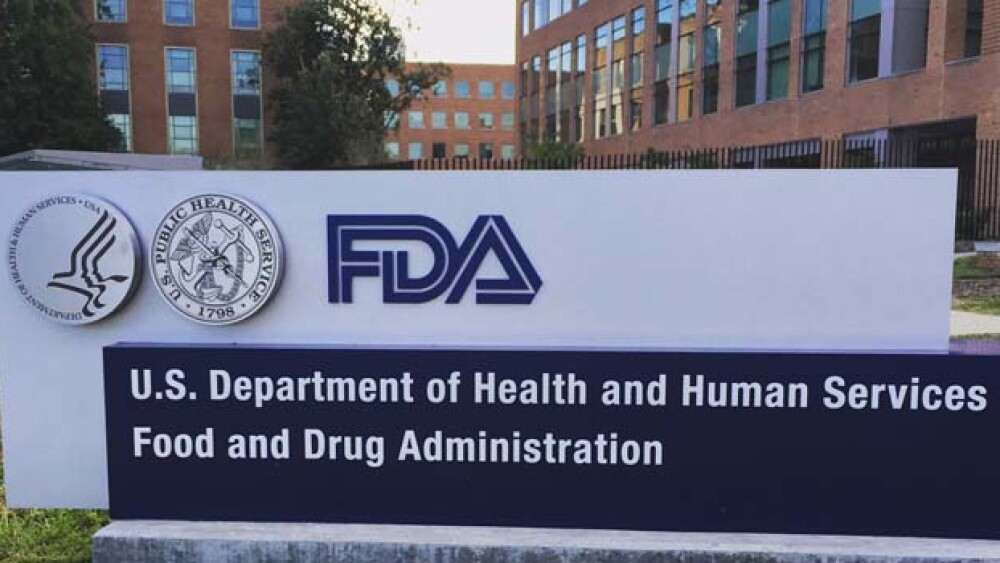The U.S. Food and Drug Administration (FDA) is eying the spring of 2019 to finalize its biopharmaceutical classification system-based biowaivers guidelines. On Thursday, the regulatory agency released the draft guidance for public consultation.
The U.S. Food and Drug Administration (FDA) is eying the spring of 2019 to finalize its biopharmaceutical classification system-based biowaivers guidelines. On Thursday, the regulatory agency released the draft guidance for public consultation.
First reported by RAPS (Regulatory Affairs Professional Society), the new BCS (Biopharmaceutics Classification System)-based biowaiver approach is intended to reduce the need for in vivo bioequivalence studies if it can provide a surrogate for in vivo bioequivalence. Drugs are considered bioequivalent if the bioavailabilities, the rate and extent of drug absorption after administration, are within acceptable predefined limits, according to the FDA. Those predefined limits are set to ensure comparable in vivo performance.
Under the BCS guidelines being explored, in vivo bioequivalence studies may be exempted if “an assumption of equivalence in in vivo performance can be justified by satisfactory in vivo data.”
Under the classification system, the drug substances can be groups into one of four BCS classes. Those classes are:
- Class I – high solubility and high permeability
- Class II – low solubility, high permeability
- Class III – high solubility, low permeability
- Class IV – low solubility, low permeability
“This guidance will provide recommendations to support the biopharmaceutics classification of drug substances and the BCS-based biowaiver of bioequivalence studies for drug products,” the FDA said.
In the new draft guidelines, the FDA said BCS-based biowaivers are applicable to drug products that fall under the Class I or Class III groups and are immediate-release, solid oral drugs or suspensions meant to deliver a drug for systemic circulation, according to the FDA draft guidelines.
FDA Commissioner Scott Gottlieb said the draft guidance allows for the FDA to “harmonize recommendations” that will support the biopharmaceutics classification of drug substances. By fleshing out and solidifying the new Biopharmaceutics Classification System-based waiver of in vivo bioequivalence studies for drug products, Gottlieb said it can help the industry reduce its development costs.
“Today, FDA issued guidance on how industry can avoid unnecessary human bioequivalence trials based on extensive in vitro characterization of the drug substance and drug product properties, reducing the time needed to move drugs through clinical trials,” Gottlieb said on his Twitter account.
Drug products having a narrow therapeutic index are excluded from consideration for a BCS-based biowaiver in the FDA guidance. Additionally, the FDA noted that fixed-dose combination products are eligible for a BCS-based biowaiver when all drug substances contained in the combination drug product meet certain criteria defined in the guideline.





